It’s estimated that about 40% of Canadian adults have some sort of sleep disorder, as reported in a 2011 research study from Laval University (1). Lack of restful sleep has a profound ability to interfere with our work, our play and our health. There is a lot of repair and regeneration that happening in our bodies while we are sleeping. The benefits of a good night’s sleep include:
- Improved productivity
- Mental sharpness
- Improved mood
- Enhanced creativity
- Optimized immune system
While most adults typically need 7-9 hours of sleep a night, this is variable depending on age, vitality, activity level and health conditions. Children, for example, will usually require more than 9 hours of sleep a night. Sleep difficulties are often considered a normal part of the aging process, however it usually can be improved. If you are having trouble falling asleep, staying asleep or have excessive daytime sleepiness, consider using some or all of these sleep hygiene tips. Simple changes can have a profound improvement on how well we sleep.
1. Create a routine
Creating a routine is a fundamental part of sleep hygiene. This routine should include relaxing activities including listening to music, reading, having a bath or a cup of tea. Ideally limit screen time in the 1-2 hours before going to bed. If you must use your devices, try using one of the built-in or downloadable apps that reduces blue light. Going to bed and wake up at the same time each day, including weekends, is an important part of this routine. There will be days where your routine is interrupted or needs to be changed, but try to return to it as soon as possible.
2. Make your room as dark as possible
Consider using black out curtains or blinds. Remove any sources of light including clocks and chargers.
3. Use white noise
Some will benefit from white noise at night. Consider using a fan, a white noise machine or an app on your phone that can play sounds or music that you find soothing. Examples of apps include Calm app, which has recently introduced “sleep stories” and Pillow will play soothing sounds for a set amount of time. There are many other options out there, many which are free!
4. Keep your room cool
Most people sleep the best in a cooler room, usually between 18-22 °C.
5. Avoid stimulants
Stimulants include coffee, caffeine, sugar, and nicotine. Many people are affected by stimulants if they consume them after 4pm. If you are very sensitive to caffeine, try to limit it to the morning only, or not at all! While it is not always possible (or desired) to avoid these in the evening, be aware of the effects it might have on you and try to limit evening stimulant use to no more than 0-2 times a week.
Alcohol, as a sedative, will often make you fall asleep faster, but tends to interrupt your sleep later in the night.
6. Don’t toss & turn
This is probably one of the most difficult sleep hygiene tips to implement. If you can’t fall asleep within 30 minutes of going to bed, get up! Same thing if you are waking in the middle of the night and can’t go back to sleep. Laying in bed, worrying about not sleeping can increase anxiety and stress which will make it even harder to get to sleep. Walk around your house, have a drink of water or a small, high protein snack, then try again. Repeat if needed. Don’t turn on lights or watch TV as this can make you more awake.
7. Get outside!
According to the National Sleep Foundation,
Exposure to sunlight during the day, as well as darkness at night, helps to maintain a healthy sleep-wake cycle.
This is particularly important if you are not outside frequently during the day. If your job limits exposure to natural light, get outside on your breaks, even for a few minutes. Just 10 minutes of exercise a day can have a positive effect on sleep quality.
8. Stress management
Stress can affect the ability to fall asleep as well as to stay asleep. Beyond sleep hygiene, stress has the ability to negatively impact our live in many ways. What do you do to cope with stress? Some options include: deep breathing, meditation (Calm or Headspace apps have a free meditations available), exercise, talking to friends or professionals, journaling or spending time in nature. Some of these activities can be done throughout the day as well as part of your bedtime routine.
9. Diet
Avoid eating large or heavy meals prior to bed, or any foods that will cause you digestive upset. Usually avoiding eating for two hours before bed is a good idea but a small, high protein snack before bed can help some people who are waking up in the middle of the night.
10. Supplements
Certain supplements can help with sleep. Supplements should be used in conjunction with all these other sleep hygiene suggestions and under the recommendation of a trained professional. Also, as their name suggests, they should only be supplemental and often are not for long-term use.
Getting to the root of sleep problems is key as it could indicate an underlying health concern including sleep apnea, diabetes and heart disease. If you are following all of these sleep hygiene suggestions and are still having difficulty sleeping or excessive daytime sleepiness, it may be time to see a healthcare practitioner about it. The naturopathic doctors at Horizons Holistic Health Clinic would be happy to meet with you to help you on your journey towards restful, revitalizing sleep.
1. Morin CM, LeBlanc M, Bélanger L, Ivers H, Mérette C, Savard J. Prevalence of insomnia and its treatment in Canada. Can J Psychiatry. 2011 Sep;56(9):540-8.
Share This Post!
One Comment
Comments are closed.
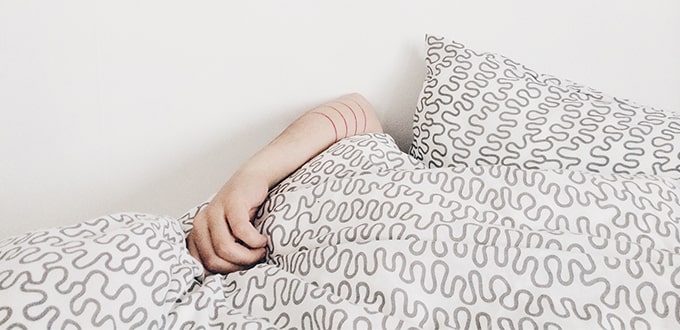
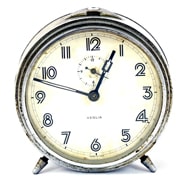
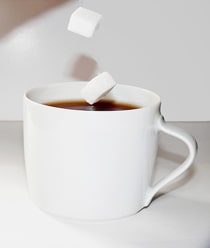

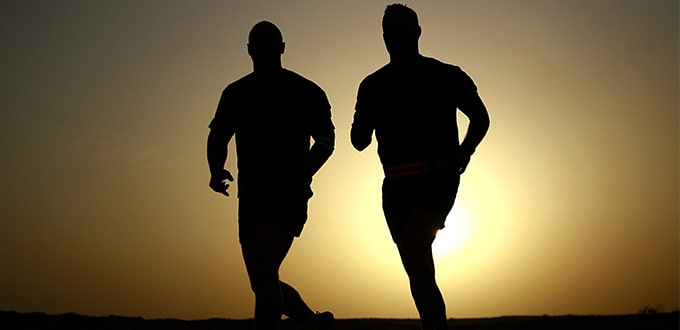
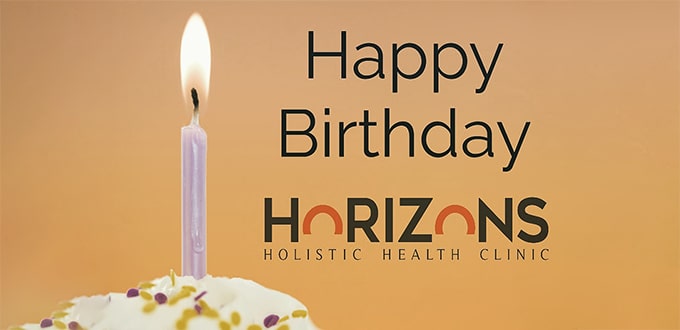
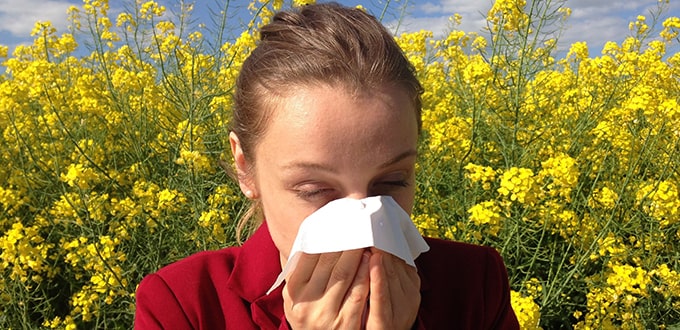
[…] lead to arrhythmias, hypertension (high blood pressure) and seizures2. In addition, the coffee can impact sleep quality, cause heartburn and raise blood cholesterol. A research group did a study on adolescents and […]